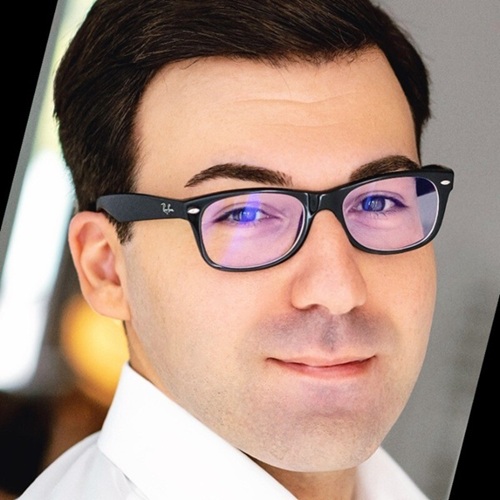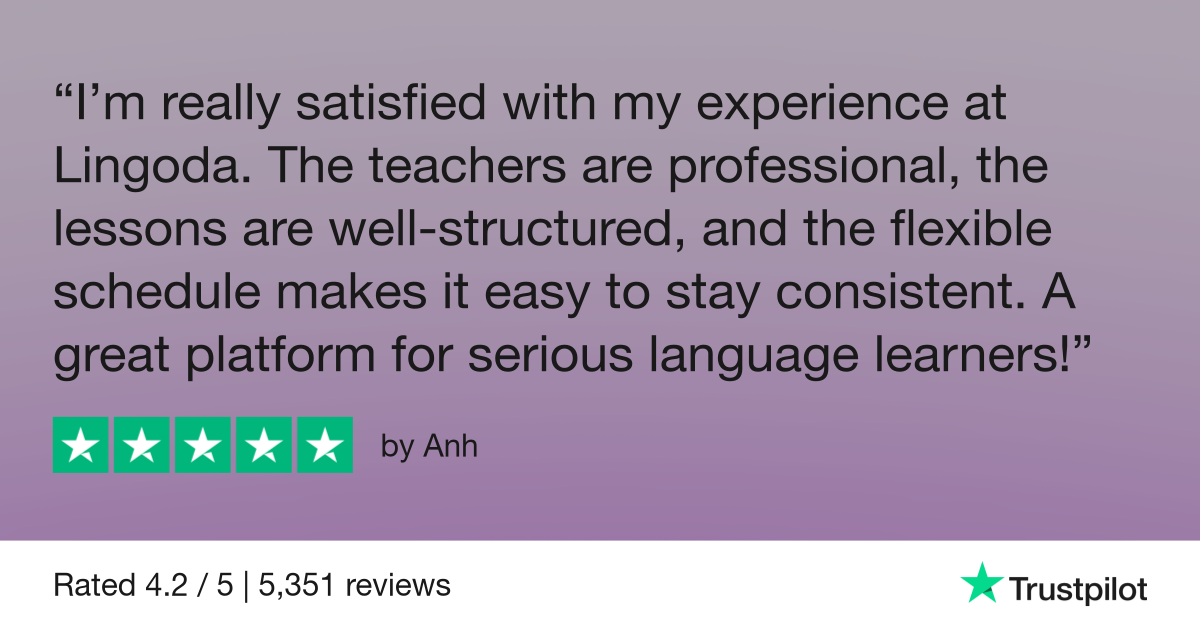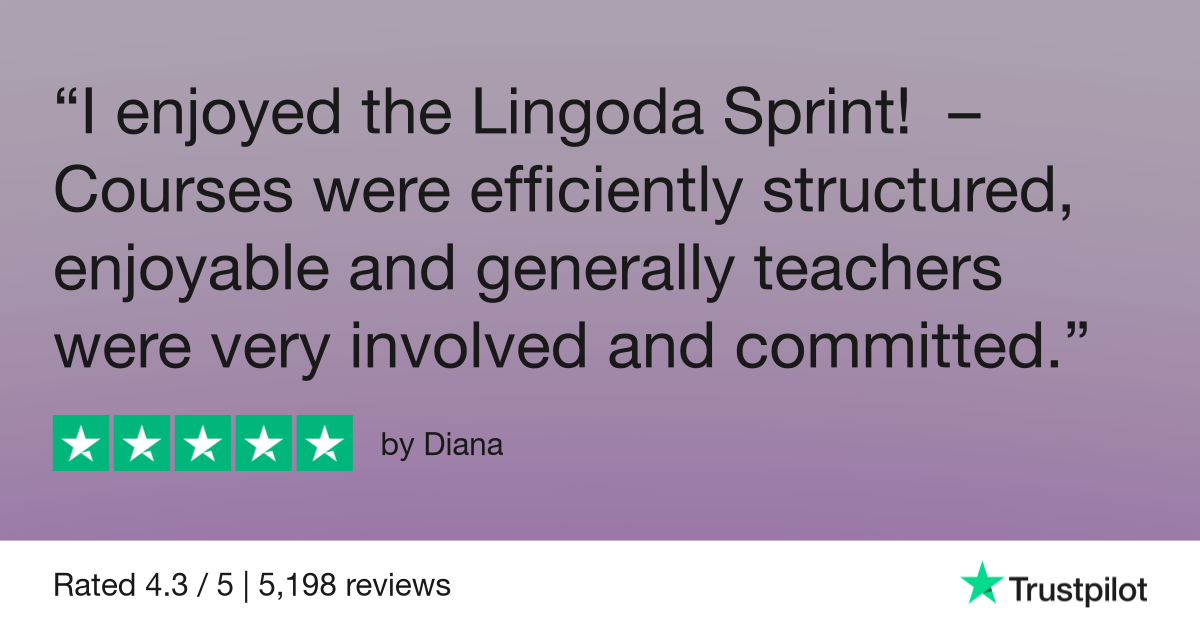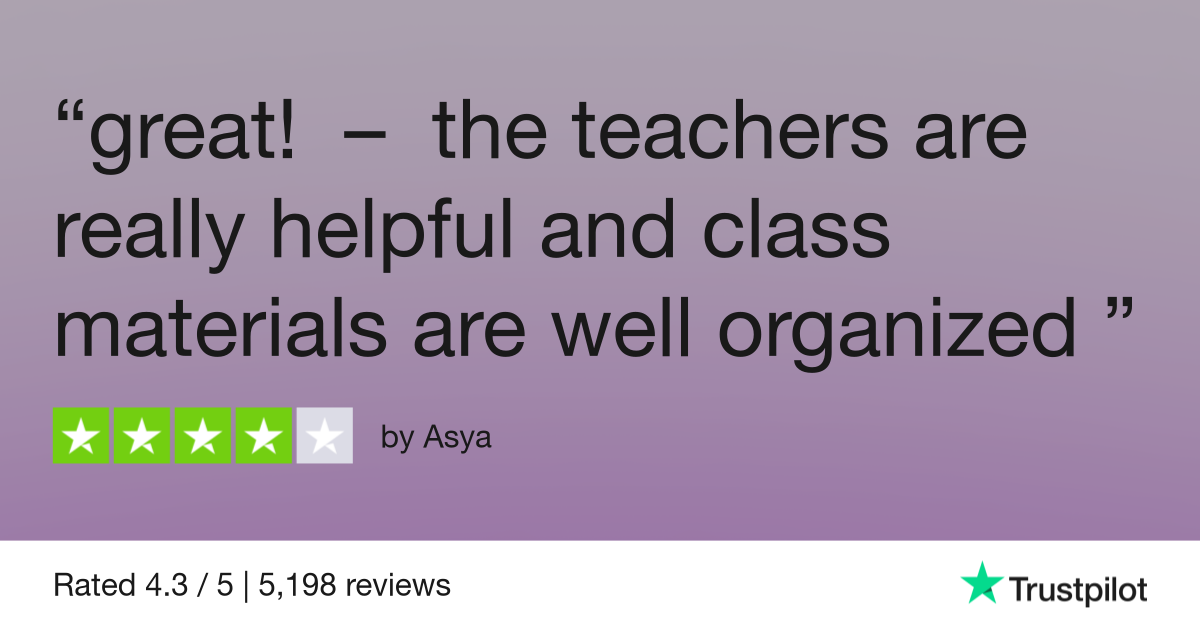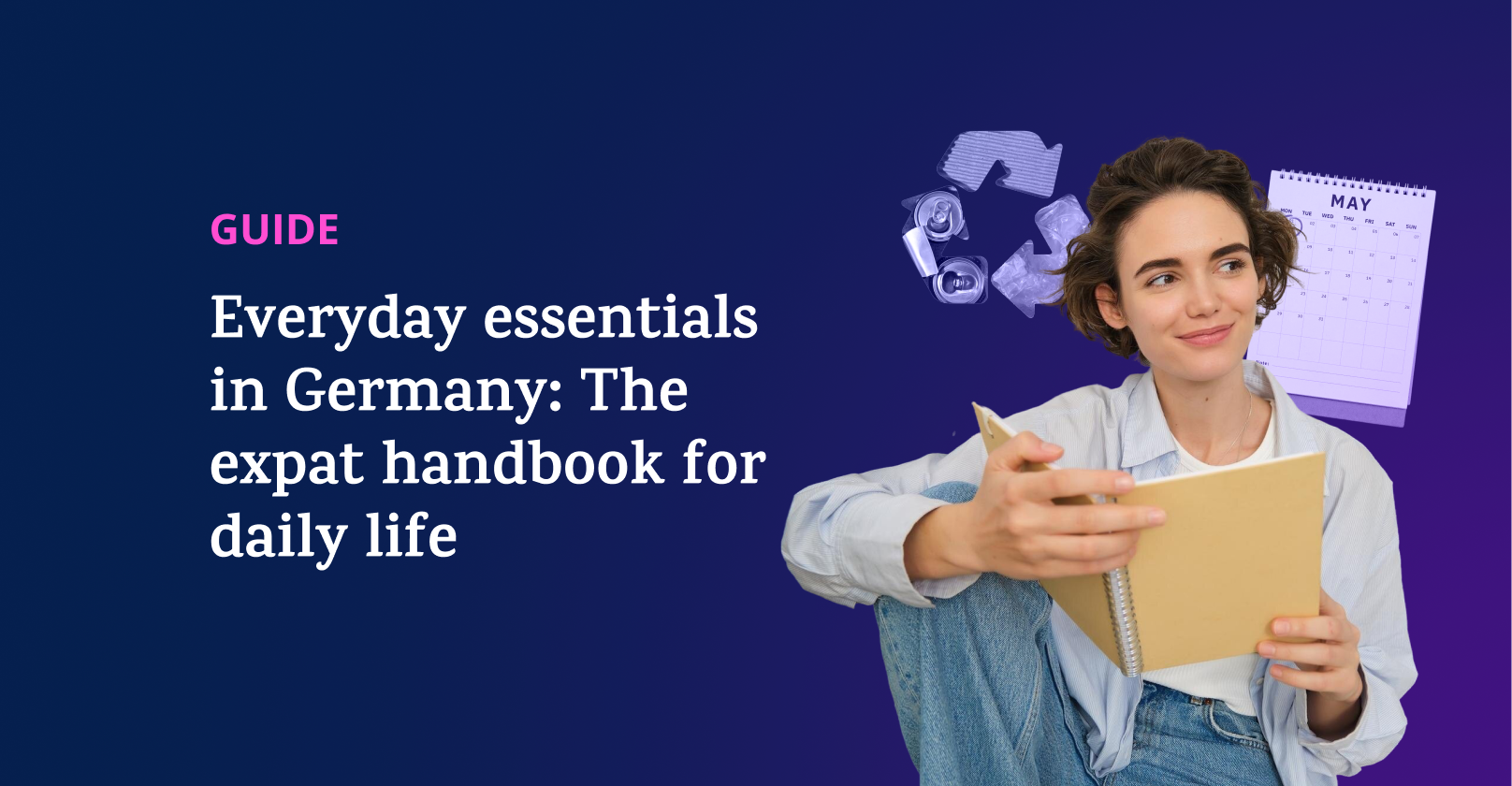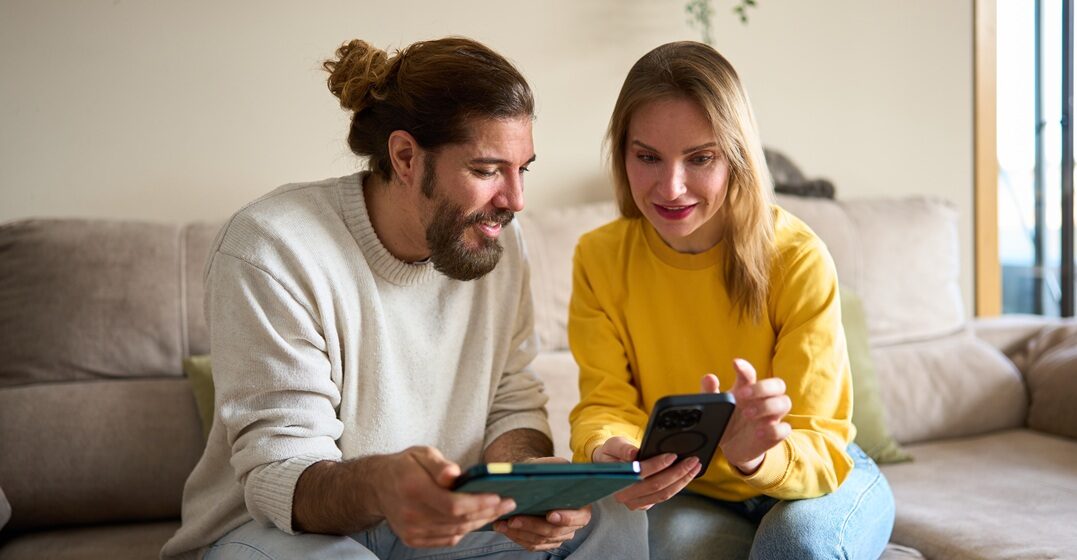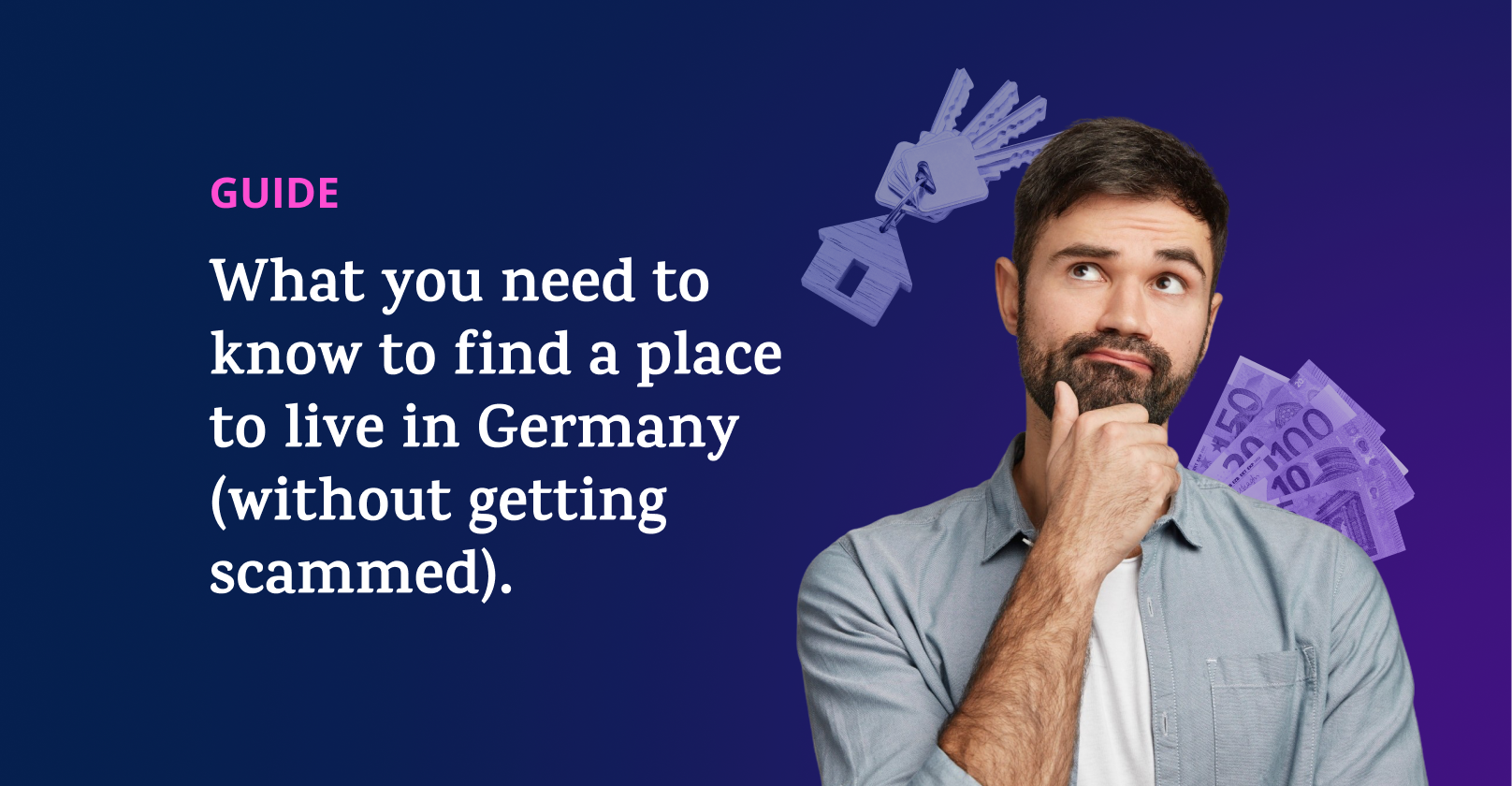‘Werden’ conjugation in German: a comprehensive guide

Learning the werden conjugation is an important step toward communicating clearly and fluently in German. This versatile verb carries a variety of meanings and appears frequently in everyday speech.
Werden, at its core, means “to become” or “to get,” expressing a development or change of state. It also functions as an auxiliary verb to form the passive voice, build the future tense and express the subjunctive mood.
In this article, you’ll learn how to conjugate werden in all its forms and understand its different uses. We’ll also review practical examples to help you recognize and wield this all-important verb in a variety of everyday contexts.
- Stem‑change pattern (e → i) in the present tense (Präsens)
- Werden in the present tense (Präsens)
- Werden in the simple past tense (Präteritum)
- Werden in the present perfect tense (Perfekt)
- Werden in the past perfect tense (Plusquamperfekt)
- Werden in the future tense (Futur I and Futur II)
- Werden in the subjunctive mood (Konjunktiv I and Konjunktiv II)
- Imperativ, Partizip, Infinitives
- FAQs
Stem‑change pattern (e → i) in the present tense (‘Präsens’)
Werden is an irregular verb and falls into the category of strong verbs. This means that its stem vowel changes from e to i in the second- and third-person singular forms in the present tense (Präsens):
| Subject | Präsens |
| ich | werde |
| du | wirst |
| er/sie/es | wird |
| wir | werden |
| ihr | werdet |
| Sie/sie | werden |
Although it may seem complicated at first, werden and other strong verbs (like geben and essen) follow predictable patterns. Once you internalize these patterns, conjugating these verbs becomes much easier.
‘Werden’ in the present tense (‘Präsens’)
Now that you know the werden conjugation in German, you can use it both as a main verb and as an auxiliary verb.
When used as a main verb, werden expresses a change of state — something or someone is becoming different. For example:
- Jana wird rot. (Jana blushes.)
- Ich werde müde. (I’m becoming tired.)
In both cases, werden signals a transition rather than a fixed condition.This contrasts with verbs like sein or bleiben, which describe static states.
In sentences like Paul wird morgen in den Urlaub fahren or Annas Auto wird repariert, werden plays a different role. It functions as an auxiliary verb, helping to express either the future tense or the passive voice, respectively.

Learn German with Lingoda
How it works

Present tense usage examples
Let’s take a look at some everyday sentences with werden as a main verb:
- Es wird spät. (It’s getting late.)
- Ich werde wach. (I’m waking up.)
- Ihr werdet nervös. (You are getting nervous.)
- Du wirst Lehrerin. (You are becoming a teacher.)
- Wir werden bald Eltern. (We will soon become parents.)
- Sie werden alt. (They are getting old.)
‘Werden’ in the simple past tense (‘Präteritum’)
In the simple past tense, known as Präteritum or Imperfekt in German, the verb werden undergoes a stem vowel change: The e becomes u in all forms. Additionally, the werden conjugation for the first- and third-person singular is identical:
| Subject | Präteritum |
| ich | wurde |
| du | wurdest |
| er/sie/es | wurde |
| wir | wurden |
| ihr | wurdet |
| Sie/sie | wurden |
Here are some example sentences using werden as a main verb in the simple past:
- Er wurde krank. (He got sick.)
- Das Wetter wurde schlechter. (The weather got worse.)
- Wir wurden Freunde. (We became friends.)
‘Werden’ in the present perfect tense (‘Perfekt’)
In the present perfect tense (Perfekt), the verb werden is conjugated with:
- sein in the present tense as the auxiliary verb
- the past participle form of werden (geworden)
| Subject | Perfekt |
| ich | bin geworden |
| du | bist geworden |
| er/sie/es | ist geworden |
| wir | sind geworden |
| ihr | seid geworden |
| Sie/sie | sind geworden |
Let’s take a look at some examples:
- Das Essen ist kalt geworden. (The food has gotten cold.)
- Ich bin neugierig geworden. (I have become curious.)
- Ihr seid vorsichtiger geworden. (You have become more cautious.)
‘Werden’ in the past perfect tense (‘Plusquamperfekt’)
The past perfect (Plusquamperfekt) of werden is formed with:
- the auxiliary verb sein in the simple past tense
- the past participle of the main verb (werden → geworden)
| Subject | Plusquamperfekt |
| ich | war geworden |
| du | warst geworden |
| er/sie/es | war geworden |
| wir | waren geworden |
| ihr | wart geworden |
| Sie/sie | waren geworden |
Here are some examples:
- Sie waren Freunde geworden. (They had become friends.)
- Du warst eine gute Schwimmerin geworden. (You had become a good swimmer.)
- Ich war stärker geworden. (I had become stronger.)
‘Werden’ in the future tense (‘Futur I’ and ‘Futur II’)
Both future tenses in German are compound forms, so you need werden as an auxiliary verb.
To form the simple future tense (Futur I), you conjugate werden in the present tense and place the main verb in the infinitive at the end of the sentence:
- Ich werde kochen. (I will cook.)
- Er wird nach Hause fahren. (He will drive home.)
- Wir werden die Hausaufgaben machen. (We will do the homework.)
In this context, werden is the equivalent of the English “will” for future events. However, unlike in English, native German speakers often forego the Futur I in casual speech and instead use the present tense with a time expression:
- Am Wochenende gehen wir ins Restaurant. (We’re going to the restaurant on the weekend.)
- Später backe ich einen Kuchen. (Later I’ll bake a cake.)
The future perfect (Futur II) is used to talk about actions that will have been completed in the future. It’s formed with werden as the primary auxiliary verb in the present tense, the main verb in the past participle and sein or haben as the secondary auxiliary verb, depending on whether the main verb is intransitive or transitive:
- Sie werden losgefahren sein. (They will have departed.)
- Ihr werdet gegessen haben. (You will have eaten.)
- Du wirst angekommen sein. (You will have arrived.)
‘Werden’ in the subjunctive mood (‘Konjunktiv I’ and ‘Konjunktiv II’)
In German, the subjunctive mood has two forms. Konjunktiv I is mainly used in reported speech; for example, in newspapers or news reports.
In this case, werden is conjugated as a main verb:
| Subject | Konjunktiv I |
| ich | werde |
| du | werdest |
| er/sie/es | werde |
| wir | werden |
| ihr | werdet |
| Sie/sie | werden |
Examples:
- Sie meint, es werde morgen regnen. (She says it will rain tomorrow.)
- Die Experten teilen mit, die wirtschaftliche Lage werde sich erholen. (The experts report that the economic situation will recover.)
Konjunktiv II, on the other hand, describes hypothetical situations, wishes, polite requests and suggestions. In this case, werden functions as an auxiliary verb and helps build the conditional mood, much like “would” in English. It’s conjugated like the simple past form wurde, but with an added Umlaut on the u:
| Subject | Konjunktiv II |
| ich | würde werden |
| du | würdest werden |
| er/sie/es | würde werden |
| wir | würden werden |
| ihr | würdet werden |
| Sie/sie | würden werden |
Examples:
- Sie würde dir helfen, wenn sie Zeit hätte. (She would help you if she had time.)
- Ich würde gerne einen Termin vereinbaren. (I would like to schedule an appointment.)
Konjunktiv II looks similar in structure to Futur I. Consider the following two examples:
- Konjunktiv II: Ich würde es machen.
- Futur I: Ich werde es machen.
Be careful not to confuse these! One expresses something hypothetical; the other indicates that something is about to happen.
Imperativ, Partizip, Infinitives
The conjugation for werden in the imperative form is rarely used in German, as more natural imperatives are usually formed with other verbs such as sein.
The grammatical forms are as follows:
| Subject | Imperativ |
| (du) | werde! |
| (ihr) | werdet! |
| (Sie) | werden Sie! |
The participles and infinitives of werden are:
| Partizip I | Partizip II | Infinitiv Präsens | Infinitiv Perfekt |
| werdend | geworden | werden | geworden sein |
What is the difference between ‘werden’, ‘wurde’ and ‘geworden’?
Werden is the infinitive or present form, wurde is the simple past form and geworden is the past participle form.
Is ‘werden’ irregular?
Yes, werden is an irregular verb that belongs to the category of strong verbs. Its stem vowel changes from e to i in the second- and third-person singular forms of the present tense.
Solidify your ‘werden’ conjugation skills with practice
The werden conjugation is essential due to its wide range of functions and how frequently it appears in everyday speech. Whenever you talk about the future, form passive constructions, express hypothetical situations and conditions, or simply want to be polite, werden comes into play.
If you want to learn German with a reliable partner by your side, Lingoda could be the perfect fit. With small group classes and native-level teachers, you’ll start speaking confidently from Day One.

Learn German with Lingoda
How it works

